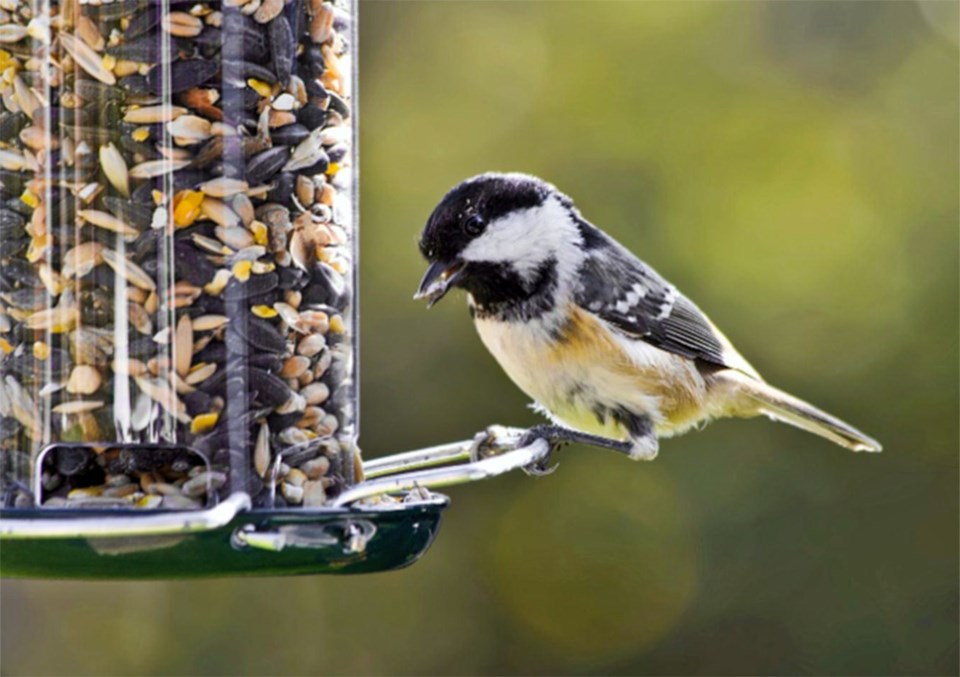NORTHWESTERN ONTARIO – Beware the birds! No, we are not living in an Alfred Hitchcock movie, where the birds are mobilizing against us. However, there has been an influx of reports of suspicious bird death in the area of Dryden, Kenora, Thunder Bay and Sioux Lookout.
In a Facebook post from the Ontario Natural Resources and Forestry, the post reads, “Attention residents in Dryden, Kenora, Thunder Bay and Sioux Lookout: Due to a significant number of dead birds found in these areas, the ministry is reminding the public that as a general guideline, they should not handle live or dead wild birds.”
Most of the birds found outside of the Thunder Bay area are waterfowl, shorebirds, and raptors, however, in the Thunder Bay area, there are reports of a group of American White Pelicans that were found dead.
Brian Stevens, veterinary pathologist, Canadian Wildlife Health Cooperative, is still investigating the incident and wasn’t able to provide a concrete explanation as to what is causing the death of the American White Pelican.
“We’ve been working with the ministry as well as other people to get those animals in for an examination,” said Stevens.
But Stevens was able to say that the cause of the bird deaths in the Kenora, Dryden, and Sioux Lookout area was possibly Avian Influenza. Yet, at this point, investigations are being done on the extent of the spread of the virus.
“The main thing we’ve been dealing with over the past few months, we haven’t seen it much yet in the Thunder Bay area, but we know it’s there, it’s probably been there for at least a couple of weeks, is the Avian Influenza virus, so the bird flu,” commented Stevens.
Stevens also acknowledges that reports of the bird flu have been coming in from across North America.
“The virus is across North America at this point and it’s been causing the deaths of a number of species of birds. In particular, waterfowl, shorebirds, and raptors. We haven’t been seeing it in Pelican but we suspect they could be susceptible to the virus as well, said Stevens.
The Canadian Natural Wildlife Cooperative is still investigating the mysterious death of the Pelicans in the Thunder Bay area, and if it is determined that Avian Influenza isn’t the case, they will continue their work to determine if there is a cause for concern with some of the other wildlife in the area or a potential concern for the public in contracting any unknown pathogens.
For now, the Ontario Natural Resources and Forestry and Canadian Wildlife Health Cooperative are asking the public to beware of the birds.
If residents find sick or dead birds on their property, avoid contact, and call the Canadian Wildlife Health Cooperative at 1- 866-673-4781.
If contact with wild birds is unavoidable, wear disposable gloves or use a doubled plastic bag and avoid contact with blood, bodily fluids and feces. Always wash your hands thoroughly with soap and warm water after.
